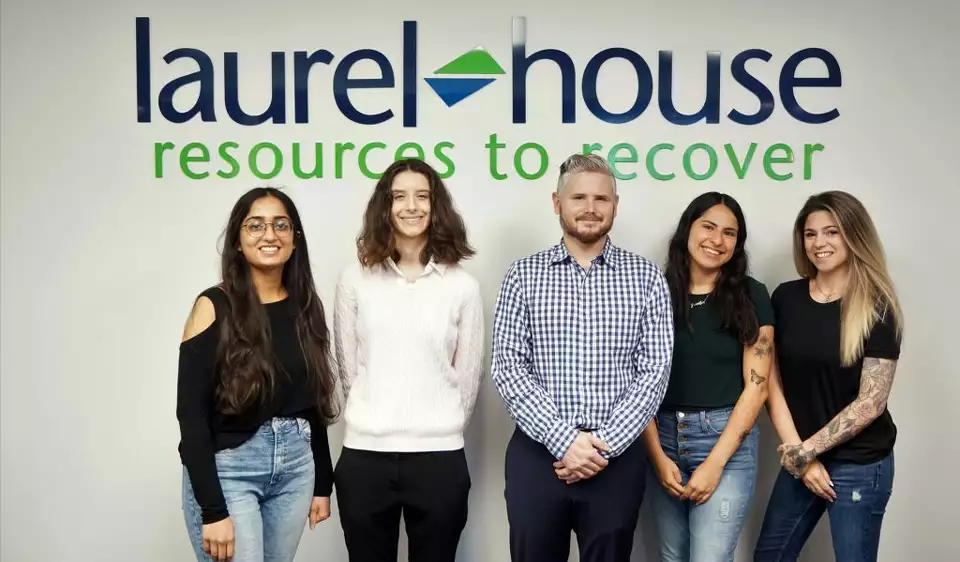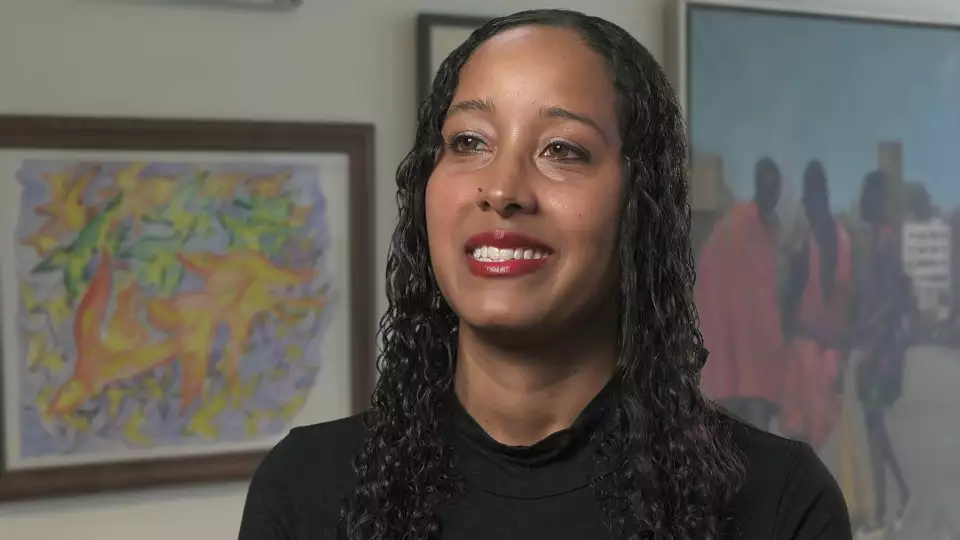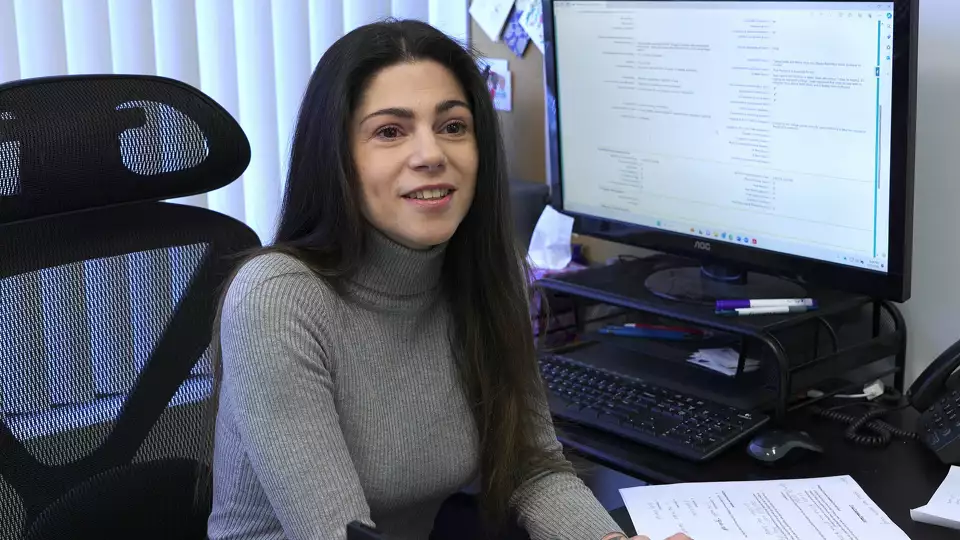(Ad) While the rush of graduation season often feels freeing and full of hope, for some students it can be fraught with worry. As adolescents prepare to take the next step of their educational journeys, thoughts of doubt and anxiety can creep in.
Laurel House offers services to manage these emotions through Supported Education. The program’s team of counselors has assisted individuals with mental health conditions to work toward their academic goals since 1989.
“This time of year is often scary for these students since they know they’ll have to leave their familiar safety nets behind,” Program Manager Krista Biello, LMSW, said. “We function as their new safety net during the transition from high school to college so they can develop the proper skills and strategies they need to succeed.”
Supported Education
Laurel House’s Supported Education counselors begin working with local students well before they cross the graduation stage. The staff supports students throughout Fairfield County, working in tandem with their families, high school transition coordinators, and high school faculty.
“Everyone has different goals, so we break down how long they want to be in school and what kind of funding is available to them,” Biello said. “Understanding who that person is and what their skills and talents are will help us set them up with a successful post-secondary plan.”
Supported Education counselors assist students in selecting and applying to schools, accessing financial aid, choosing courses, and coping with the challenges of learning (and often living) in a new academic environment. These services are offered to students enrolling in associate’s, bachelor’s, and master’s degree programs, as well as vocational certification programs.
“We help them navigate all areas of the college transition process so they can become stable, well-acclimated students,” Biello added. “This includes connecting them to peers and social groups to avoid isolation, teaching them how to ask for confidential help, and communicating with faculty even before they set foot on campus.”
Many students struggle with anxiety, stress, and general academic pressure, but having a diagnosed mental health condition can make school even more challenging. Supported Education counselors work closely with college faculty, admissions staff, and disability coordinators at more than 20 area colleges, according to Laurel House’s website. The program also offers resources to students seeking a GED or vocational certification.
Success stories
This past semester, Supported Education client Natacha Medina graduated from the University of Bridgeport with a bachelor’s degree; she double majored in dental hygiene and social sciences. The single mother of three also recently passed her licensing exam to become a board-certified dental hygienist.
Medina had been in and out of the program for the past couple of years while struggling to finish her degree, but with Laurel House’s help, she persisted.
“The empathetic counselors I worked with through the years gave me a lot of emotional support,” Medina said. “They’re really supportive, and they encouraged me to move on because sometimes I got stuck and let my anxiety or depression kick in.”
While the bulk of program referrals come from clinicians, therapists, psychiatrists, and other mental health providers, parents can contact their child’s high school to see if a transition coordinator is available to assist in the transition process.
Chris Lovermi, the transition coordinator for Greenwich Public Schools, wholeheartedly endorses the program. Funding for these services is provided by a grant from Laurel House’s community partner, the Greenwich Department of Human Services.
“Laurel House’s staff has demonstrated great care, understanding, and effectiveness in meeting the transition needs of our students,” Lovermi said. “We value our relationship with Laurel House as a community partner, and will continue to utilize them without hesitation.”
For more information about Supported Education, visit www.rtor.org/recovery-support-services-for-young-adults/. If you or someone you know is struggling with mental health, visit www.rtor.org for information and to contact a Resource Specialist for free support and assistance.

 –
–

